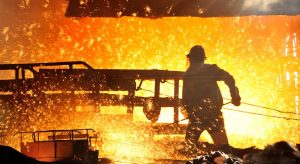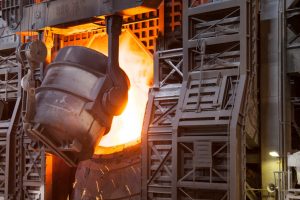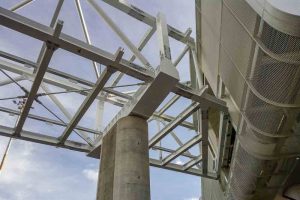Nickel on the rise.
Rising nickel prices have significantly penalised input costs for most stainless steel manufacturers in recent months.
In many parts of the world, however, suppliers could not pass on the full amount of this increase to their customers. Steel manufacturers are therefore forced to absorb the increase in raw material prices, thereby reducing or eliminating their profit margins.
Only in North America the recent increases in alloy extras have been fully implemented, with no cuts in basic values. This may become more difficult to sustain in the coming months as supplements continue to increase but end-user demand remains modest.
The nickel price was boosted by expectations of future supply tightness. Consumption will be increased by using metal in batteries for the growing number of electric vehicles. Fears of shortages were recently raised by the confirmation of an imminent ban on nickel ore exports by the Indonesian authorities. Although external parties have announced their intention to invest in nickel refining facilities in Indonesia, the ban will lead to a reduction in supply from the country in the short to medium term.
Demand for stainless steel, on the other hand, is rather subdued. Trade actions by the US have reduced the volume of shipments – of steel and manufactured goods – from China and other Asian countries. In turn, this has negatively affected the ability of consumers in these emerging economies to purchase goods from reputable suppliers in many developed countries.
Manufacturers, particularly in the traditional stainless steel production regions, continue to struggle with increasing global overcapacity. European mills are increasingly struggling to compete with price offers from Asia for basic products. However, they may receive a temporary reprieve, in the near future, as EC safeguard quota tonnes for various forms of stainless steel products are expected to be exhausted, before the end of the quota period.





